Holding a Science Tokyo Founding Event—Institute of Future Science kickoff symposium titled “Alternative futures: Reconstructing our potential future in 100 years”
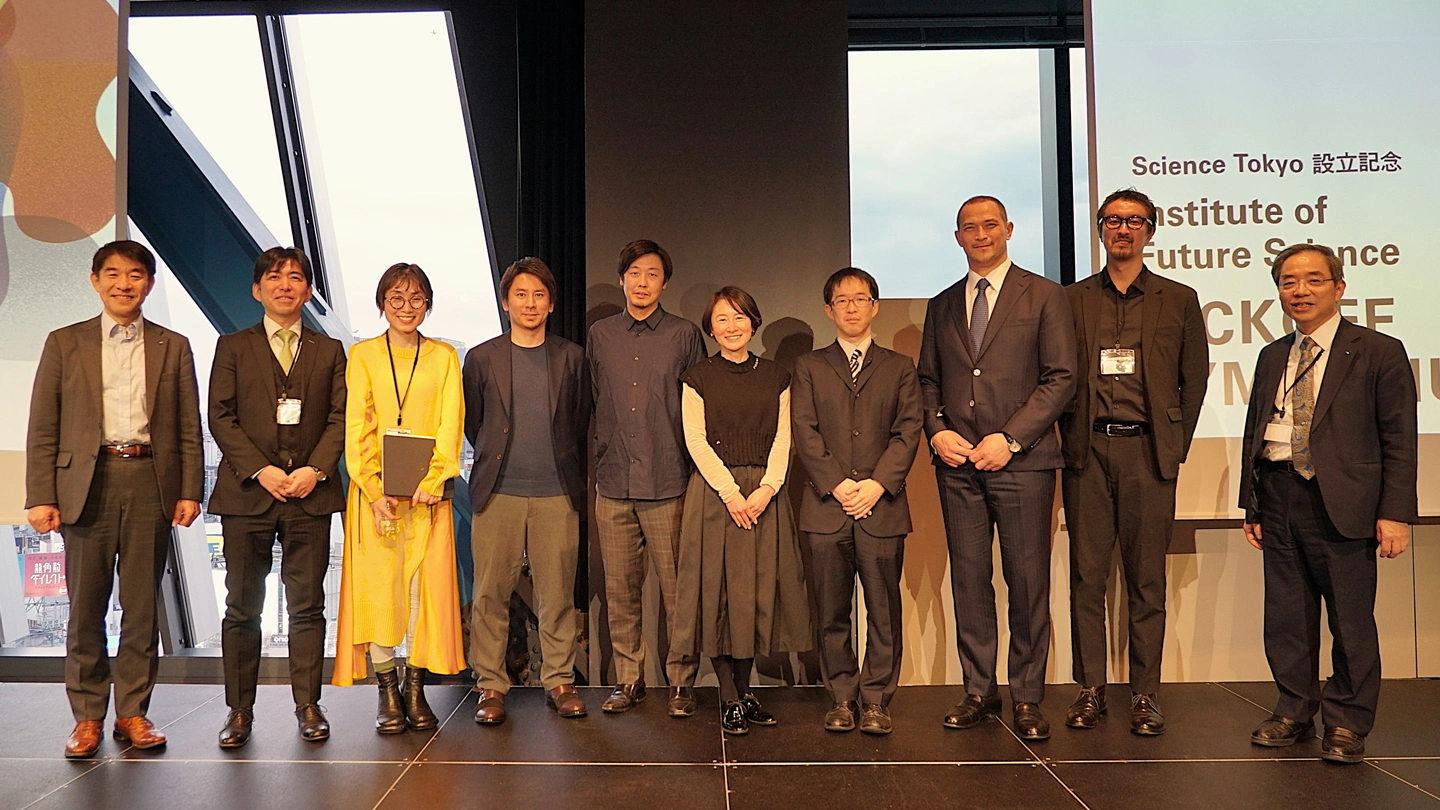
On February 21, the Institute of Future Science at Institute of Science Tokyo held its kickoff symposium titled “Alternative futures: Reconstructing our potential future in 100 years” to celebrate the establishment of Science Tokyo. The symposium was held at SHIBUYA QWS and was streamed online.
The Institute of Future Science was established at the same time as Science Tokyo in October 2024. The institute is a research organization with the mission of creating new research domains that propose visionary pathways for our common future and contribute to the realization of a just society through collective scientific knowledge co-created by researchers from various academic disciplines—including science, engineering, medicine, dentistry, and the humanities and social sciences.
This symposium served as a kickoff for the Institute of Future Science. Based on the key themes of “alternative futures” and “society in 100 years,” researchers from the institute and guest speakers spoke about future possibilities with science at the core.
Overview of symposium
The symposium began with an opening address from President and Chief Academic Officer (CAO) Tanaka. “I hope that the Institute of Future Science will involve researchers across organizational boundaries within our university,” said President and CAO Tanaka. “By doing so, I expect the institute to develop the convergence science of Science Tokyo and to discover and solve social issues that have never been considered until now.”
The opening address was followed by lectures by researchers from the Institute of Future Science and guest speakers, after which a panel discussion was held. The discussion focused on “alternative futures” and “society in 100 years,” proposed by the Institute of Future Science, highlighted the importance of reconstructing the future from diverse perspectives, while continuing to rely on science and technology as a foundation.
The speakers and lecture themes are listed below.
Part 1—Introduction of Institute of Future Science
Opening address
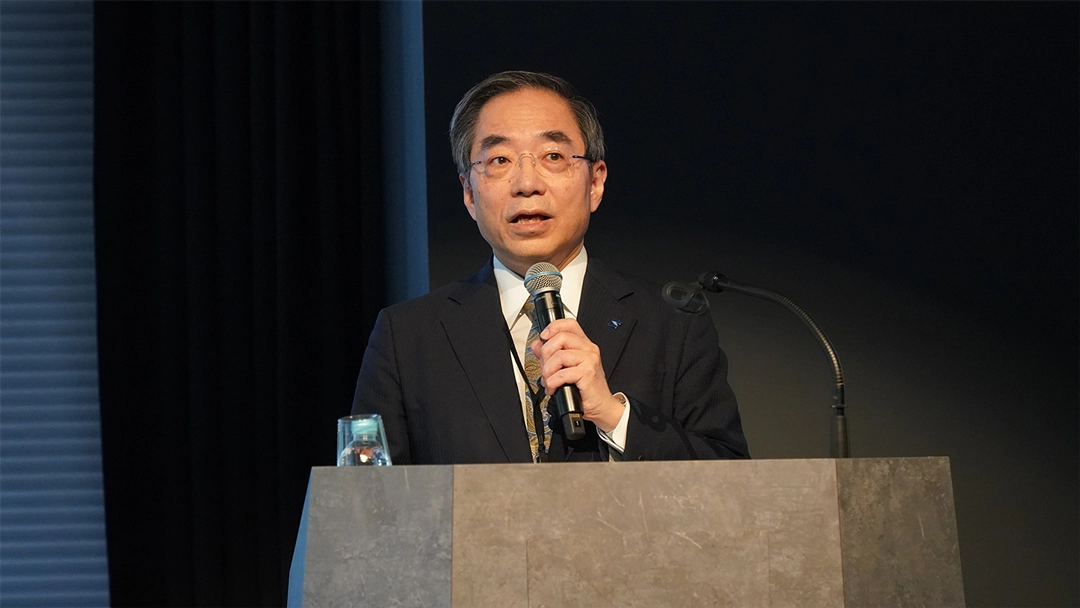
“Introduction of Institute of Future Science”
Fujiwara introduced the initiatives being pursued by the Institute of Future Science (IFs) in order to consider alternative futures.
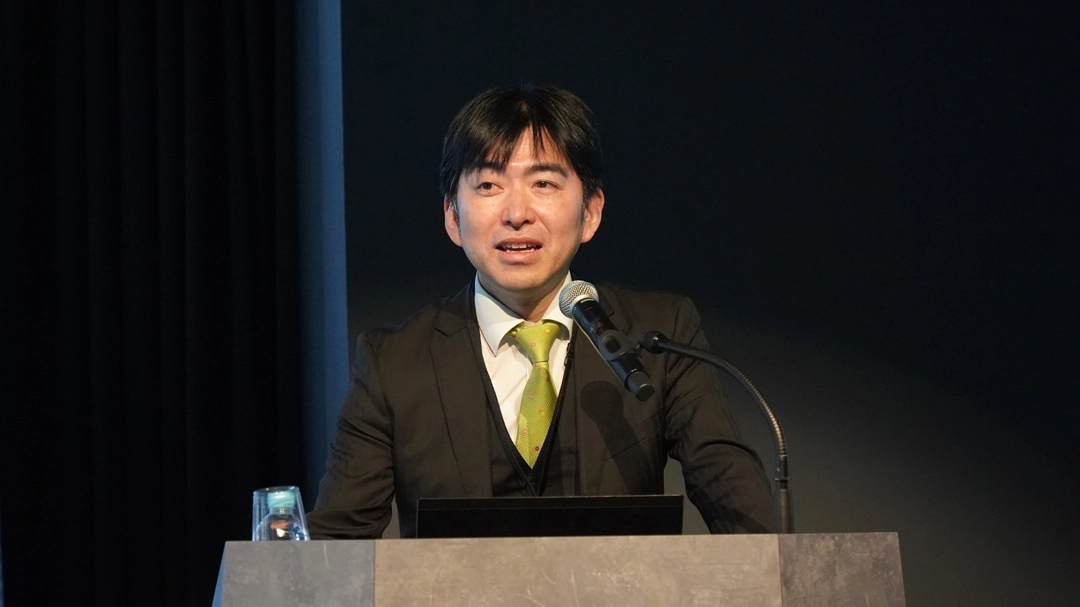
Guest address
Shiomi expressed high expectations for bold challenges and improvement of research capabilities by the Institute of Future Science as an organization that symbolizes Science Tokyo.
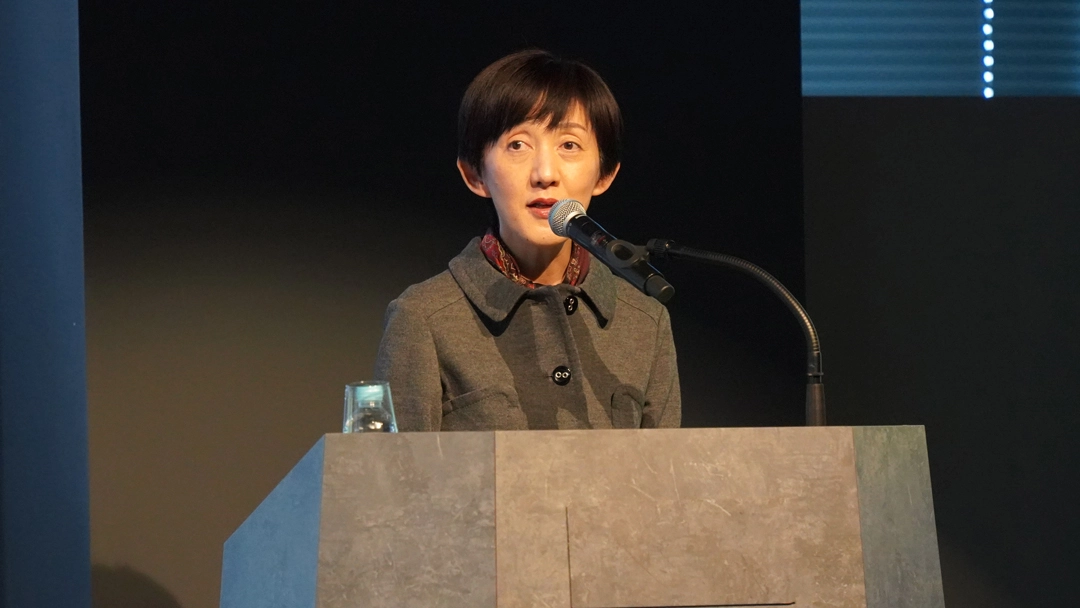
“For a sustainable future—Aiming to contribute to the well-being of our planet”
Planetary Well-being Initiative
Using a project to measure air pollution in Kyrgyzstan as an example, Nawa discussed the importance of considering the well-being of the planet Earth and all current and future generations.

“The future of human mobility”
Human Mobility Initiative
Murofushi introduced efforts aimed at improving people’s life performance by exploring the possibilities of human musculoskeletal function in a variety of environments and conditions.
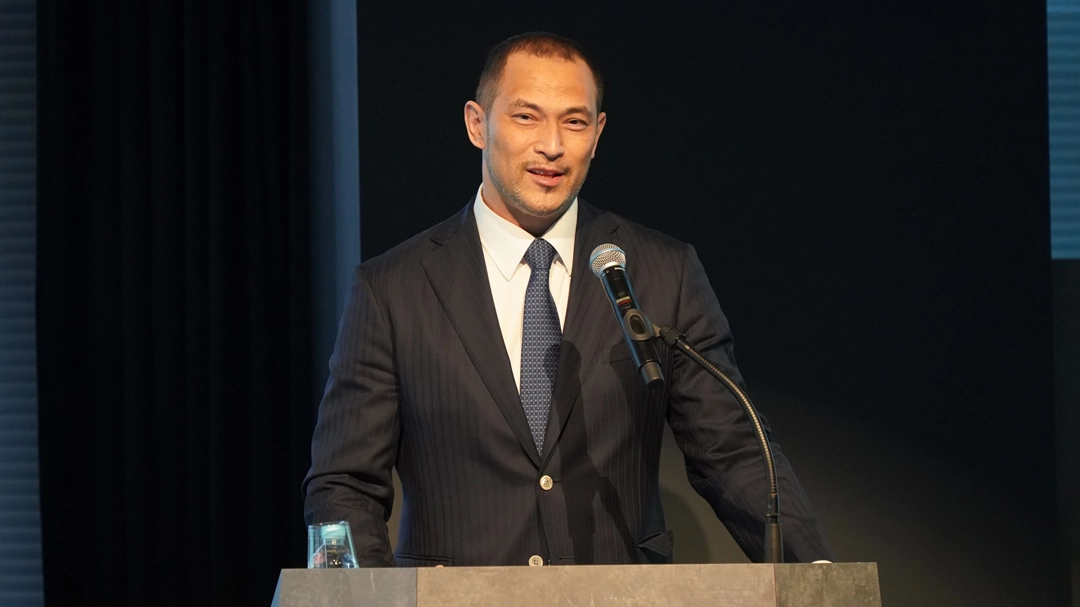
“A world of dilemmas”
Social Dilemma Initiative
While discussing the issue of ownership, Kawana emphasized the importance of considering the future 100 years from now, rather than merely adopting temporary measures to address the security dilemma, which necessitates choosing between two opposing options.
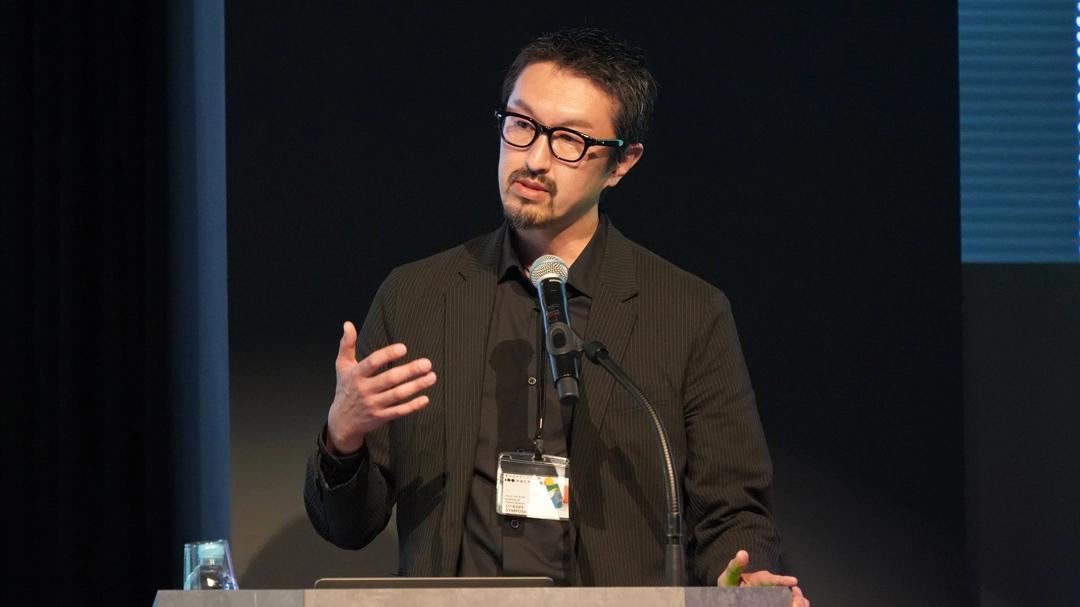
“Necessities for living in space”
Humanity in Space Initiative
While imagining a future where civilizations are created on the Moon or Mars, Sekine introduced specific examples of breakthroughs in technological innovation and the creation of value for living in space.
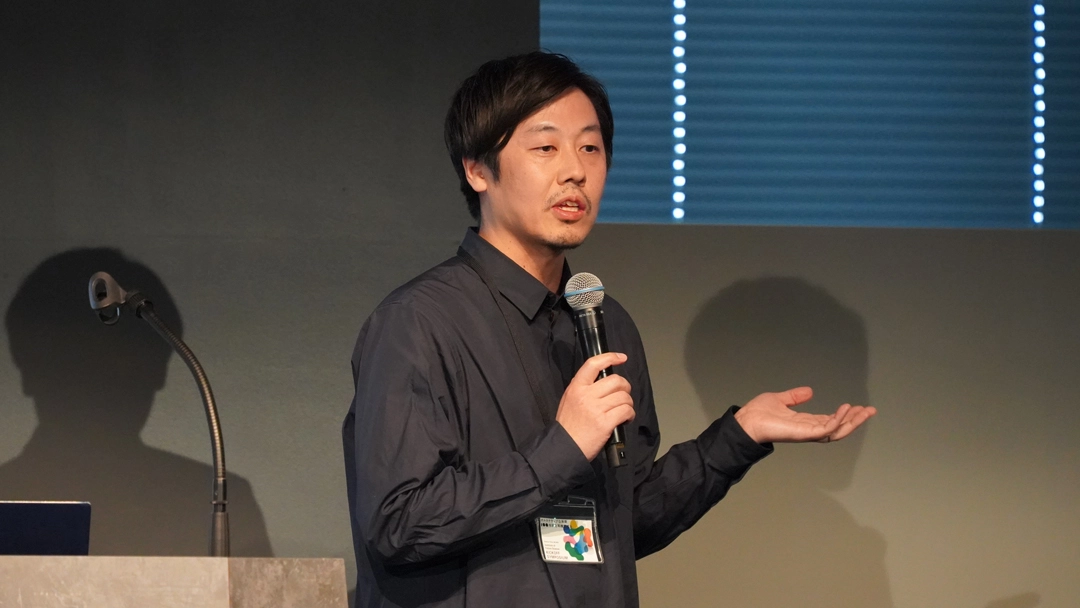
Part 2—Alternative futures: Reconstructing our potential future in 100 years
“Planet 6.0”
Nakamura introduced a vision of the future called Planet 6.0, where the Earth, Moon, Mars, and asteroids work together to form an ecosystem. He also discussed the challenging initiatives being undertaken to realize Planet 6.0.
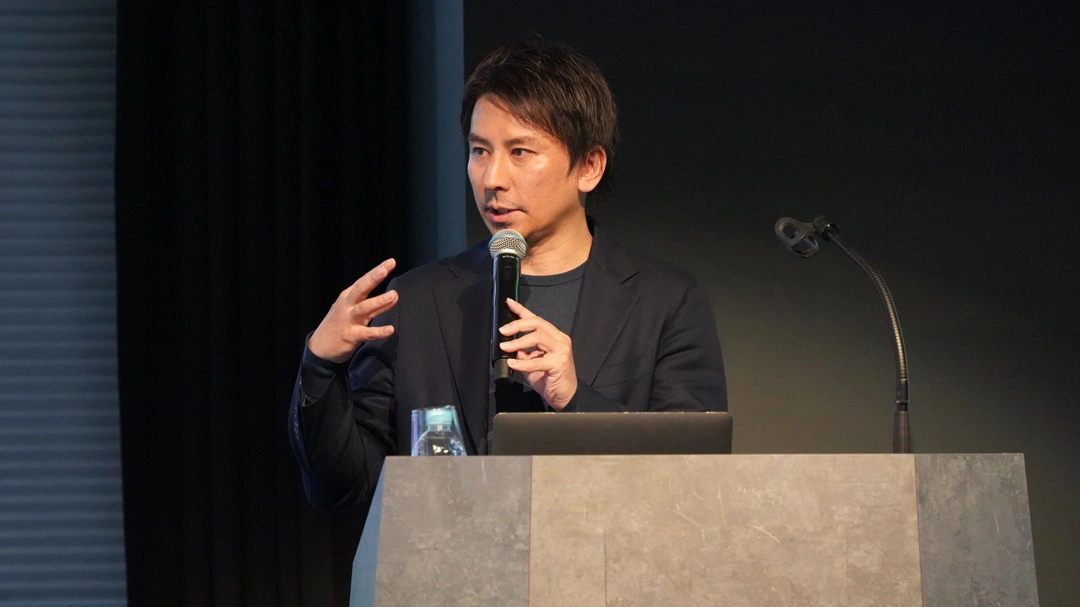
“Regional design for dreaming 100 years from now”
Hayashi gave examples from rural areas, such as Akita's efforts to support local entrepreneurs and the role played by Coop Sapporo in Hokkaido, to illustrate the importance of designing social systems to cope with a declining population.
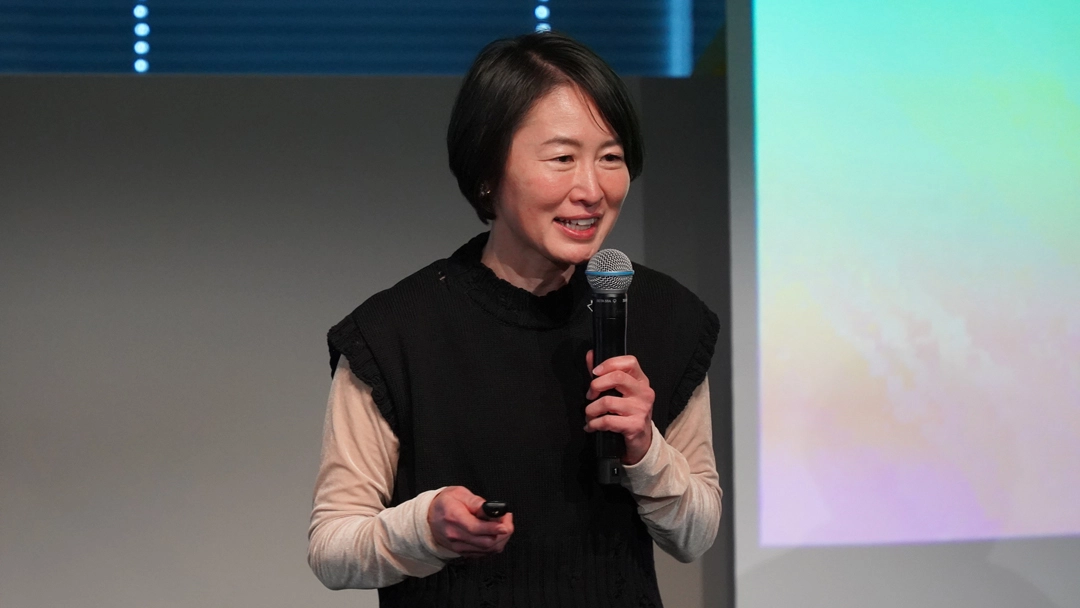
Panel discussion
The panel discussion was facilitated by Asa Ito, Director of DLab+ at the Institute of Future Science. Speakers discussed a series of themes related to society in 100 years.
The facilitator noted the importance of the relationship between science and society, and speakers discussed the need to gain approval for a vision rather than making technology an end in itself, as well as the importance of intellectual curiosity. In addition to cutting-edge science, the discussion also touched on cost financing, ethics, culture, and changes in values.
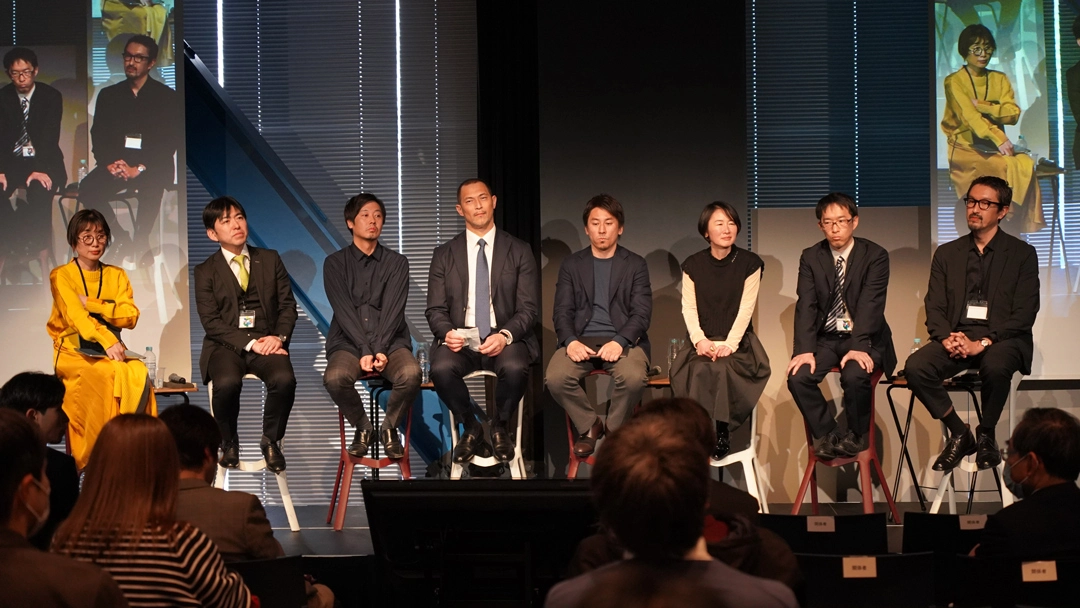
Closing address
The symposium concluded with a closing address from President and Chief Executive Officer (CEO) Ohtake. Ohtake expressed his hope that Science Tokyo’s strengths—being at the forefront of science while also having a foundation in science—can be leveraged to build and disseminate a vision that aggregates the Institute’s diverse knowledge. Following the closing address, participants and speakers actively exchanged information.
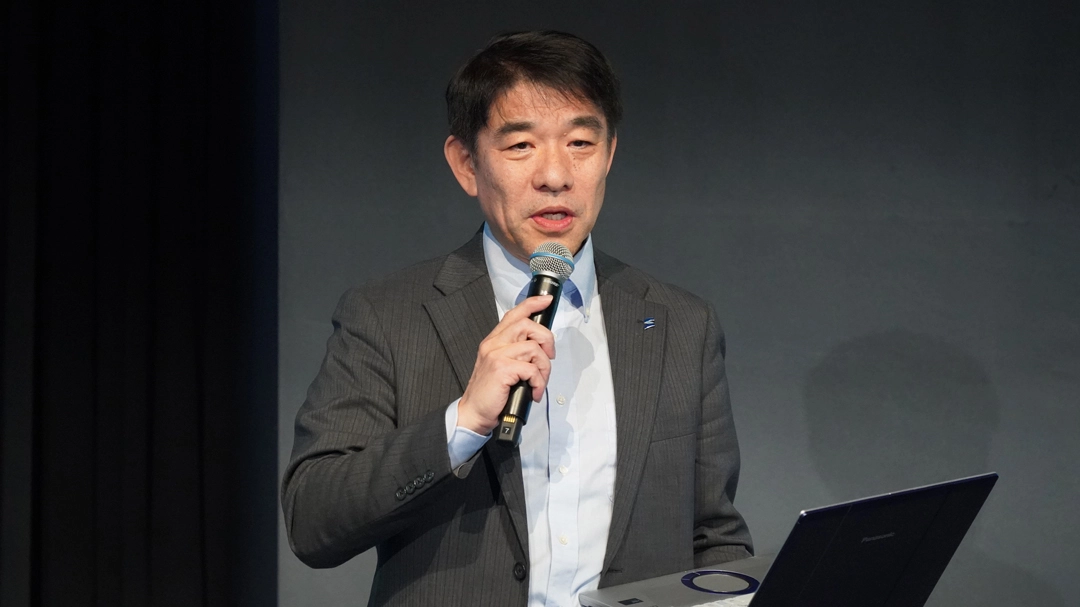
The Institute of Future Science will continue to engage in dialogue with society and consider alternative futures together with society.
Related articles
Contact
Future Science General Affairs Group